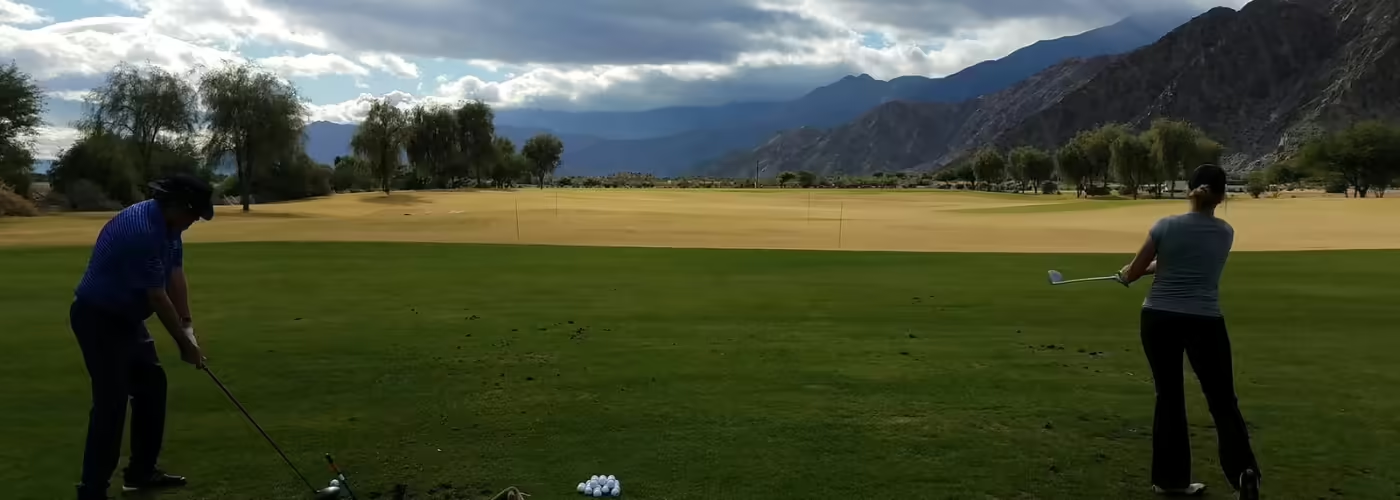The greatest feeling in golf can often be described as “I hit that ball so good. I hardly felt as if I swung at it. If I could only do that every time”.
While the worst feeling in golf can be “That was so bad. Why do I always try to kill the golf ball?”
Most Golfers that try to swing a little harder often have trouble hitting good golf shots because when you try to swing harder – one part of your body is going to move faster than the rest of your body causing you to become “Disconnected”.
For example – most Golfers will swing their hands faster as they want to make sure they have a full follow-through … yet your shoulders and hips will continue to move at about their normal pace. You’re now “Disconnected” because your swing is out of sync.
Your hands are no longer moving in conjunction with the rest of your body and you are no longer in control of your club.
The same can be said when you try get your shoulders to rotate with a little more power. If you do so without getting your hands, arms, hips and legs working with your faster moving shoulders … you’re going to hit a bad shot.
And this problem isn’t limited only to your Driver. It happens regularly with your irons when you’re in between clubs on the course – “I have 135 yards to the flag. I’m right in between my 7 iron and 8 iron. I don’t want to go over the green with my 7 … so I’ll try to get there with my 8.”
How are you getting that extra distance? Often times you’re trying to swing with more power using your hands or shoulders. Yet, because of this … you are going to be disconnected.
The key to creating more club head speed (so you get more distance) is having each part of your body working together. This togetherness means that everything is staying “Connected”.
The Golfer that is struggling is often “Disconnected”. The Golfer that feels as if they are swinging smooth has everything “Connected”.
We have found the best way to learn how to stay “Connected” is to train the Golfer how to do so on small 20 yard shots before moving onto 200 yard shots. Because many Golfers become disconnected before their club even gets hip high on the backswing.
Thus, your mind’s focus during the rest of your swing is occupied on trying to get you reconnected. And as your mind is trying to recoordinate all your moving parts in the .9 seconds remaining in your swing … you can not put any energy into hitting the golf ball. All your energy is on trying to get reconnected before your club makes contact with the golf ball.
So if you want to learn to hit the golf ball farther, it’s going to require you to ignore all the other Golfers at the range, as you’ll see most of them hitting golf ball after golf ball focused on what they’re doing after they hit the golf ball. Yet, you need to understand that working on your follow-through is something that doesn’t have any effect on the golf ball.
Because the golf ball doesn’t care how connected you are after it has taken flight. The golf ball only cares about what you are doing to control the club before you hit it.
So work on becoming “Connected” on your backswing to produce more power in your forward swing. And because of how “Connected” you are on your backswing … people will be talking about your beautiful follow-through.
The Monkey is often so focused on making a full follow-through that they are disconnected before they reach the top of their backswing
The Player understands that power comes from being “Connected”
Go ahead, Be a Player!
Regards,
Marc Solomon – Your Instructor For Life


